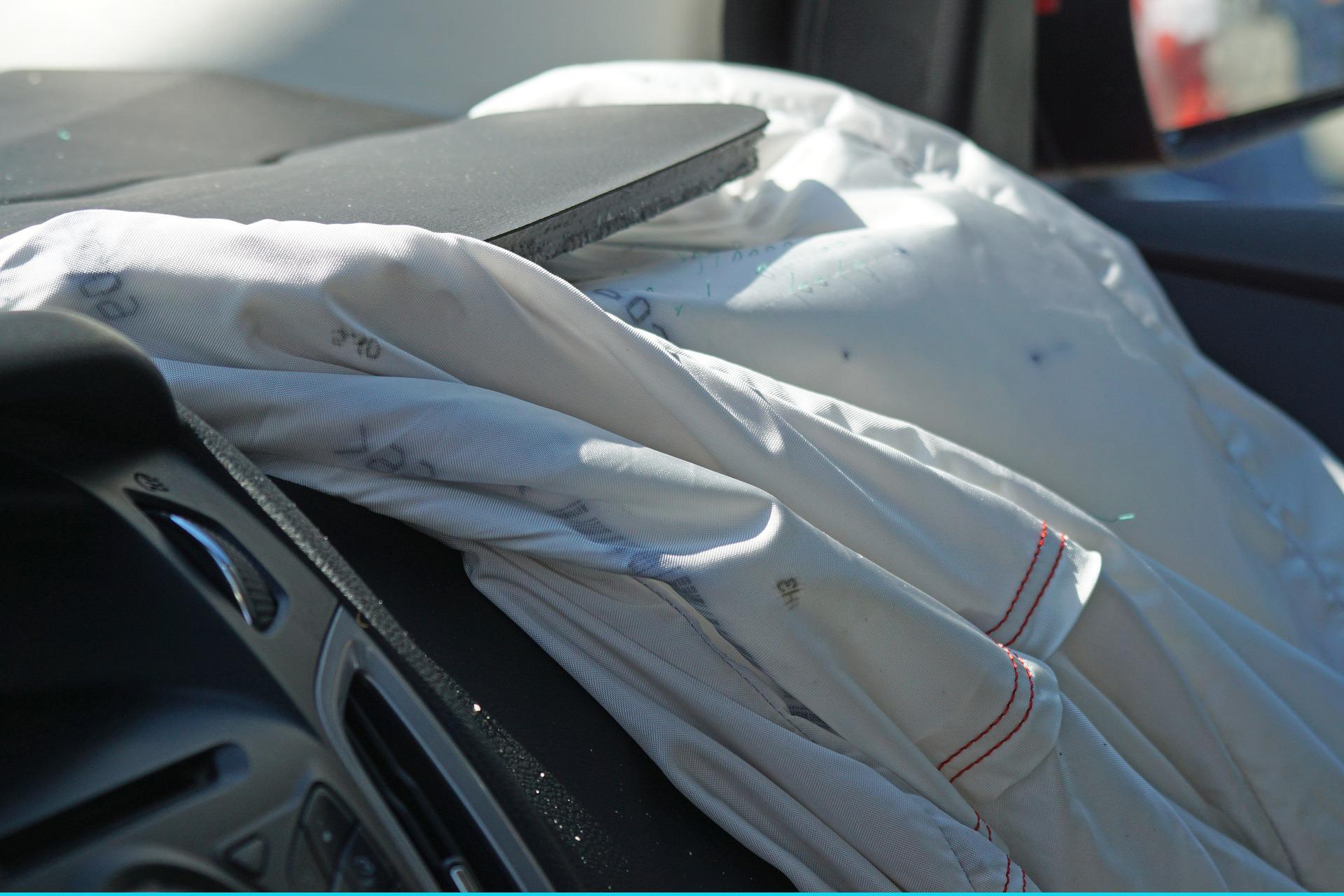Whether you are an employer or customer of a company that doesn’t exist anymore, you may still be able to claim personal injury if you were hurt.
A general rule is that a company no longer exists if it dissolves, excluding it from being sued. However, two exceptions to this rule apply: when the company failed to follow the dissolution process correctly and if it faces a personal injury case.
However, the process is more complicated. The best chance of success is to seek the services of an experienced personal injury lawyer.
Claiming against a business that doesn’t exist
Whatever the reason a company has ceased trading, you may be worried that you are too late to sue for an injury or illness. Business operations usually wind up if a company goes insolvent, but sometimes the owners decide to cease operating the business for personal reasons.
Many people injured in a business, employees or customers, sometimes take some time before instituting an injury claim. You may also only discover your injury after the company has closed.
If you find yourself in the position where you need to file a personal injury claim against a closed business, your initial thoughts might be that you have missed the chance to claim. However, this is a common misconception, and in many cases, you may still manage to get compensation.
Time to file a suit
In most US states, a person can file a personal injury claim against any dissolved or closed company in one of two cases. However, depending on the state, you must consider the statute of limitations. These vary across the states and range between one and six years.
A “discovery of harm rule” may allow you to bypass the statute of limitations in your state. In that case, the time starts to apply when you know that you suffered harm and not necessarily when the incident happened.
When is it Worth Suing?
Filing a personal liability claim against a dissolved company does have its risks, even if you have a legitimate claim. These cases are often lengthy, expensive, and stressful. In addition, if the business doesn’t exist anymore because it failed, you might fear that there won’t be any money to settle your claim.
So, unless you find yourself in one of these following two situations, your lawyer may advise you it’s not worth filing a suit.
Personal Injury Claims Against the Insurer
Most businesses have commercial liability insurance, and it is highly likely the dissolved company one too. Companies take out the insurance to protect them from damage to their properties and personal injury claims.
Commercial liability insurance protects a business from property damage and personal injury claims. Your lawyer will determine if the company was insured while operating and may decide to recover the money for your claim from the insurer.
Company Investors and Claims
Owners and investors of LLCs and Corporations are not personally liable for any lawsuits or debts of a company because they are legal entities, separating them from their investors.
However, if a judge finds that the company pierced its corporate veil, the judgment could prove favorable.
A lawyer can advise you on how easy it is to prove that the company failed to function as a separate entity or acted wrongfully. However, proving that the company pierced the veil while operating is extremely hard.
Final Word
In conclusion, if you want to institute a claim against a dissolved company, you may still be able to. However, these cases are more complicated and expensive because they usually require an in-depth investigation by a legal team to determine what the best approach is. Speak to a lawyer to discuss your rights before deciding if it is worth seeking personal liability. Most personal liability lawyers don’t charge for an initial consultation.


